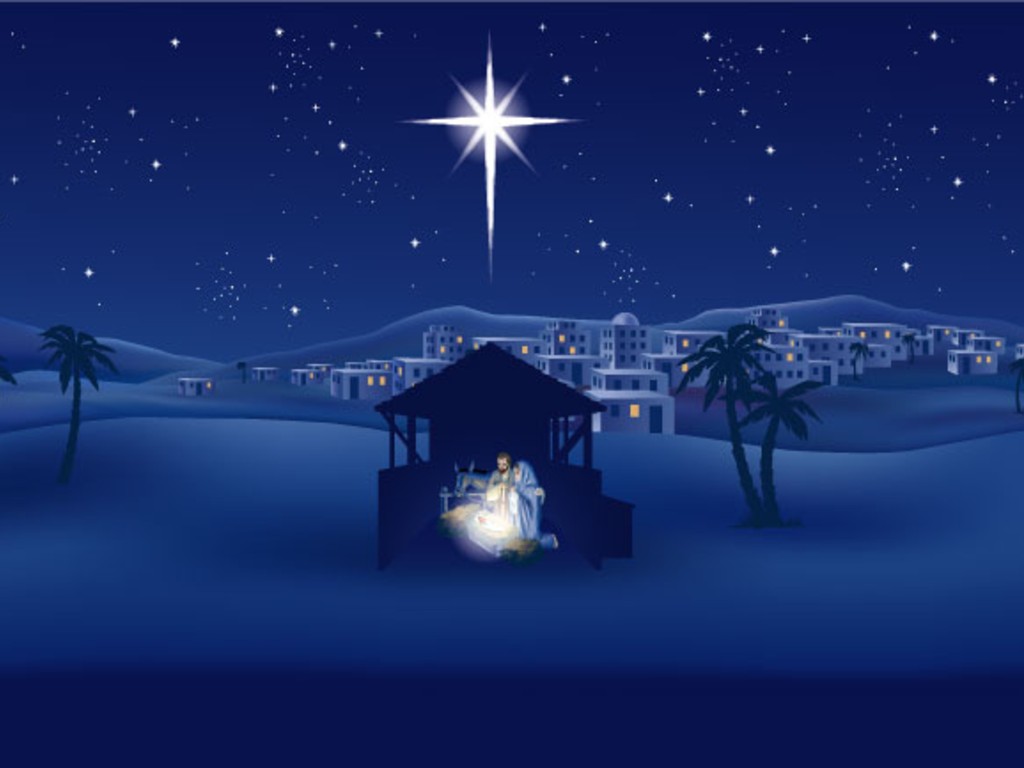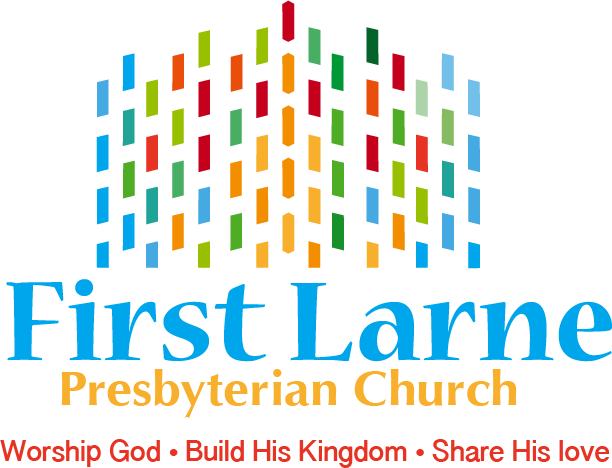Childbirth at Christmas

Childbirth at Christmas
Mary and the Promised One
But the angel said to her, ‘Do not be afraid, Mary, you have found favour with God. You will conceive and give birth to a son, and you are to call him Jesus. He will be great and will be called the Son of the Most High. The Lord God will give him the throne of his father David, and he will reign over Jacob’s descendants for ever; his kingdom will never end.’
‘I am the Lord’s servant,’ Mary answered. ‘May your word to me be fulfilled.’ Then the angel left her.
LUKE 1:30-33, 38
Luke opens his gospel with two women and two pregnancies. The stories of Mary and Elizabeth are tied together as their relationship blossoms and their bodies share the bearing of children. Hagar’s annunciation back in Genesis 16 was the first birth announcement in the Bible. Mary’s here in Luke 1 is the last. It is the climax of a series of similar announcements and is the peak of the trajectory towards which all the others were heading.
As Luke places these two stories side-by-side, their similarities are more evident and differences more significant. Luke identifies Elizabeth as a righteous, but childless, old woman, and Mary as a young woman, who is eligible to be married. It is Mary’s own words that explicitly confirm her status as a virgin as she questions the logistics of the angel’s announcement. These women have physical hurdles to childbearing which God transforms, subsequently altering the course of both women’s lives and their status in society.
Mary’s acceptance and obedience to God’s will is astonishing. This young woman not only believes but submits herself, her plans, her future life to God’s purposes. In Mary’s opening line, she questions the practicalities – though not the truth – of God’s plan given she’s a virgin. Then, she shifts to identify herself as ‘the servant of the Lord’, willingly accepting the dangerous task before her. She not only risks her life through the course of pregnancy and childbirth but also the social implications of being an unmarried mother.
The announcement of Mary’s pregnancy is also the promise of Christ’s birth. The angel’s words confirm that this child will be the Son of God, Jesus, the Saviour of the world. Mary accepts the task set before her obediently, as God takes on flesh in her womb. This transformational moment sits at the heart of God’s plan to save humanity.
Transformational moments (albeit, less cosmically significant ones) also happen on our frontlines. In the potential monotony of work, family life, or retirement there are moments where God steps in to transform how we see ourselves, the tasks he has set before us, and our part in his salvation story. Like Mary, we are called to humble ourselves and obediently submit to God’s plans for our lives, even if they are dangerous, scary, or seemingly impossible. As this year draws to a close, where might God be transforming you and your frontlines as you continue serving him into 2022?
Imogen Ball
Imogen is a curate in Trull and Angersleigh, and the winner of Theology Slam 2021


